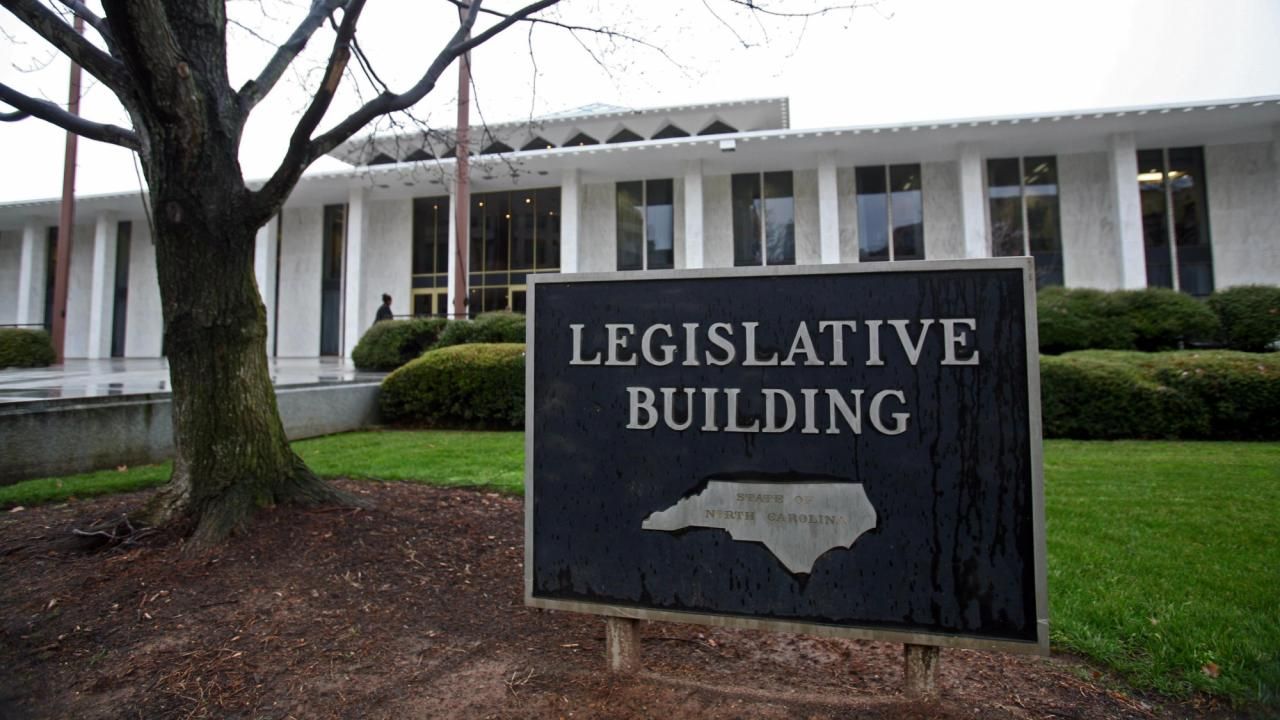Legislative session filled with hits, misses

State lawmakers left Raleigh early Friday after a 93-day legislative session in which they fulfilled their constitutional obligation to pass a budget for the coming year and accomplished several other goals on the Republican majority's agenda.
"Republicans’ ongoing commitment to spending discipline and tax relief have resulted in consecutive years of balanced budgets and large revenue surpluses, while other states that subscribe to liberal tax-and-spend philosophies, like Illinois, are going bankrupt," Senate President Pro Tem Phil Berger said in a statement that trumpeted tax cuts, teacher raises, the repeal of a controversial state law limiting gay rights, expanded pre-kindergarten, new ways to battle the growing opioid addiction problem and other laws that were passed in the five months lawmakers were in session.
"Thanks to the hard work of the Republican-led General Assembly, North Carolina families can have confidence that they live in one of the best states to build a high quality of life," House Speaker Tim Moore echoed in a statement.
Still, a number of measures backed by the GOP were either defeated or left hanging when lawmakers adjourned.
A bill to loosen local restrictions on billboards, for example, died in a House vote Monday night. Likewise, a proposal to create a special fund for transportation "megaprojects" failed in a Senate committee, while an effort to legalize and regulate fantasy sports in North Carolina and a new felony charge of "economic terrorism" – people who disrupted business by blocking a street or trespassing during a protest could have been charged with it – were voted down in House committees.
A proposal to allow anyone 18 and older to carry a concealed weapon without first obtaining a permit from a county sheriff's office is likely the most controversial legislation that remains on the General Assembly's list of unfinished business. It cleared the House but didn't get a hearing in the Senate.
Because this is the first year of a two-year legislative session, it and any of the following measures could resurface when lawmakers return to Raleigh in 2018:
School calendar flexibility: The House passed a bill that would allow school districts in 20 counties to experiment with setting their own start and end dates to the school year.
Proposed constitutional amendments: Various bills have been filed that would cap the individual income tax rate at 5.5 percent, establish a right to hunt, reinforce North Carolina's status as a right-to-work state, set term limits for the governor and lieutenant governor, limit the government's power to take private land and remove the literacy test for voting from the constitution. Lawmakers could address any or all of these during special sessions planned for August and September.
Redistricting: A plan to redraw the maps for Superior and District Court districts, as well as prosecutorial districts, was pulled from the House floor this week. Lawmakers plan to take this and a court-ordered redraw of legislative district maps, during special sessions later this year.
Immigration: Bills that would cut state funding to cities found to be not complying with immigration laws, allow people to sue government agencies for noncompliance and call for towing cars of people who lack driver's licenses – immigration advocates say the measure targeted people in the U.S. illegally – all stalled in the House.
Economic incentives: The House and the Senate have each debated their own versions of adjusting how the state uses money to entice new businesses to North Carolina. The Senate would shift some funds from the Triangle and other urban areas to encourage more rural development, while the House would set aside more money for major projects in rural areas.
Left-lane driving: Legislation to fine drivers who block traffic in the left lane of a highway failed in the Senate and never got a floor vote in the House.
Oral chemotherapy: A measure requiring insurers to charge patients the same for chemotherapy, whether the drugs are taken as pills or received intravenously, cleared the House but didn't get a hearing in the Senate.
School bond: A bill that would a $1.9 billion bond for school construction on the November 2018 ballot stalled in the House.









